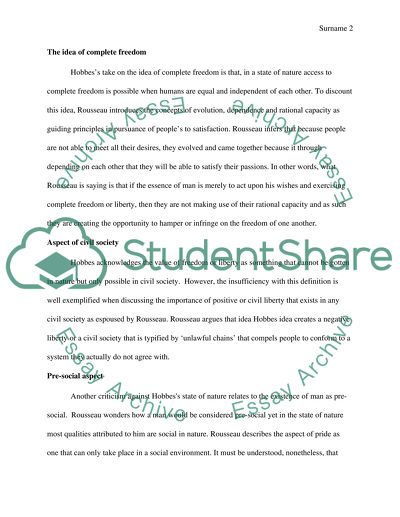Cite this document
(“A Different Conception of an Ideal Government in the Case of a Hobbess Research Paper”, n.d.)
A Different Conception of an Ideal Government in the Case of a Hobbess Research Paper. Retrieved from https://studentshare.org/politics/1498314-political-theory-essay
A Different Conception of an Ideal Government in the Case of a Hobbess Research Paper. Retrieved from https://studentshare.org/politics/1498314-political-theory-essay
(A Different Conception of an Ideal Government in the Case of a Hobbess Research Paper)
A Different Conception of an Ideal Government in the Case of a Hobbess Research Paper. https://studentshare.org/politics/1498314-political-theory-essay.
A Different Conception of an Ideal Government in the Case of a Hobbess Research Paper. https://studentshare.org/politics/1498314-political-theory-essay.
“A Different Conception of an Ideal Government in the Case of a Hobbess Research Paper”, n.d. https://studentshare.org/politics/1498314-political-theory-essay.


